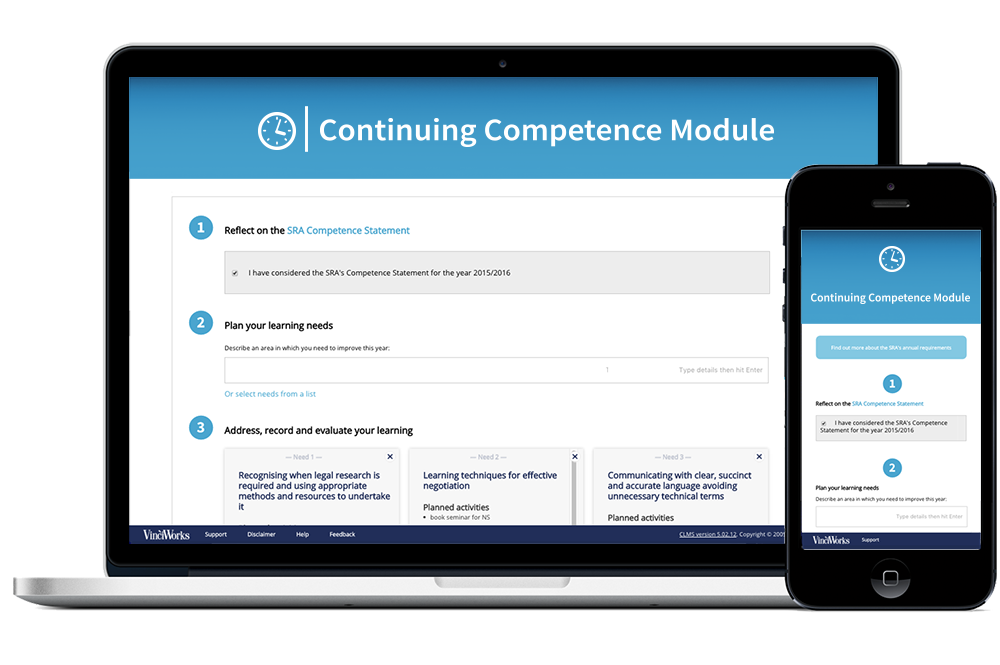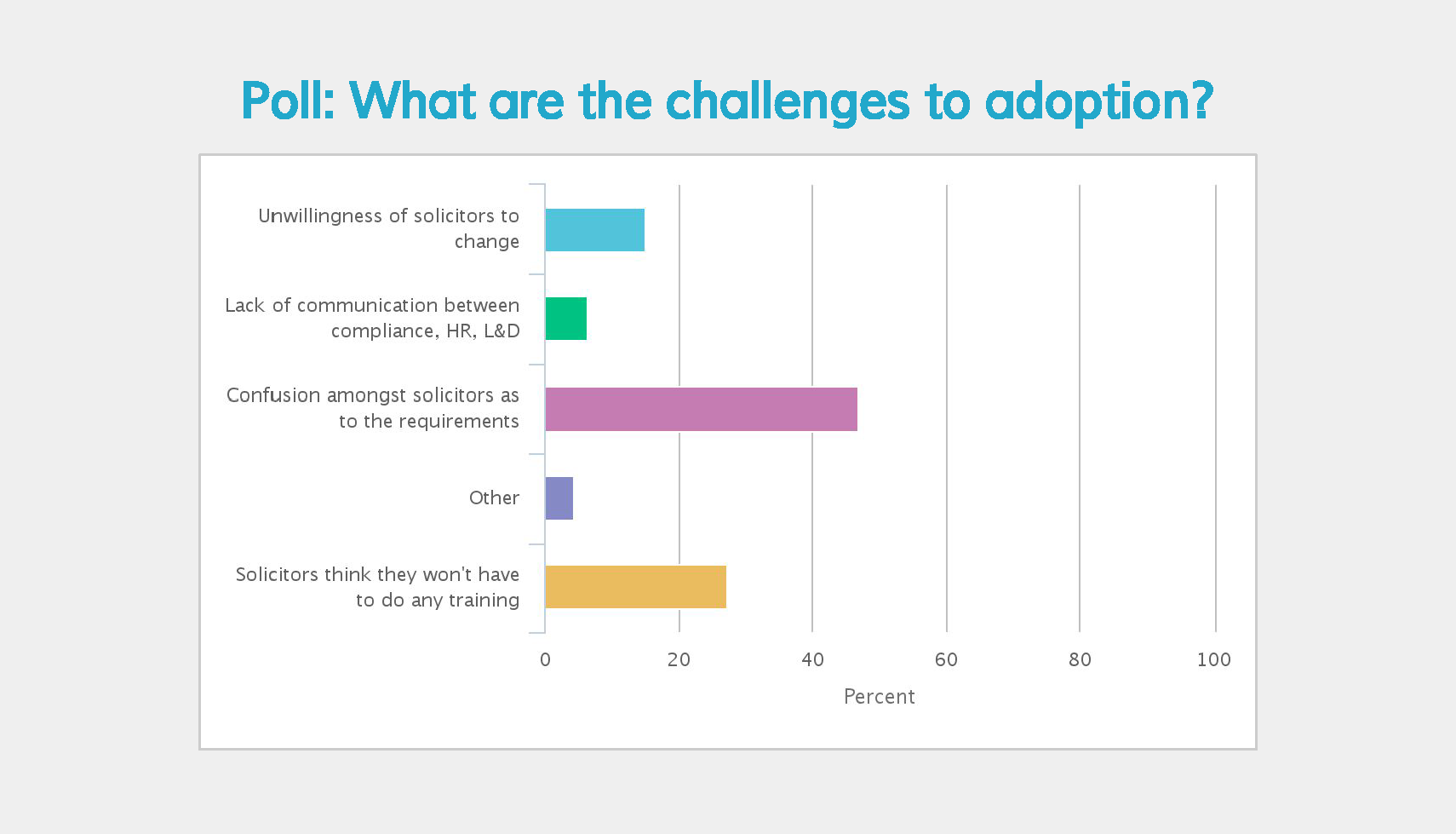6 reasons Astute is the perfect platform for compliance
It feels like only yesterday Astute was just a glimmer in our eye, but its first birthday is fast approaching – and what a year it’s been! We set out to address deficiencies in the LMS landscape with an enterprise-level, learner-centric eLearning platform that could be accessed anywhere, on any device. Mission accomplished – as […]
Data regulations are tightening – are you ready?
After four years of negotiations, the EU has approved a new data protection framework which will come into force this summer. The General Data Protection Regulation (GDPR) represents a complete overhaul of the existing data protection rules in the EU, and is the biggest shakeup to hit data protection in 20 years. For any businesses not prepared […]
How to protect your business from the growing risk of identity fraud
Identity theft is fast becoming the dominant area of fraud in the UK: new figures from UK fraud prevention service CIFAS report that identity fraud has risen by 25 percent over the last few years. Commenting on the findings, CIFAS Chief Executive Simon Dukes said: “What these figures show is that identity fraud continues to […]
Employee training may be the best defence against corporate IT hackers
Recent research commissioned by Citrix and carried out by Censuswide returned some concerning results regarding employees’ attitudes towards data security in the workplace. The research found that only 35% of employees regularly use passwords to protect files at work, and just two in five are vigilant about shredding sensitive documents. It’s no wonder then that IT insights and trends […]
Frequently asked questions about changes to CPD and continuing competence
Over the past year we have have conducted scores of interviews with law firms, solicitors and leading SRA officials on the topic of continuing competence. Below is a compilation of the most frequently asked questions. The SRA’s view is from Senior Policy Advisor Richard Williams who spoke with VinciWorks Director of Practice Gary Yantin. 16 […]
VinciWorks launches Continuing Competence Module

A compliance software system designed specifically for the SRA’s new approach to CPD On 1 November 2016, the legal profession will experience a momentous change to the manner in which solicitors remain competent. After that date, every solicitor in England will be required to demonstrate that they have reflected on their abilities to deliver competent […]
SRA’s new approach to CPD: a poll of best practice

VinciWorks has concluded the largest poll ever conducted on attitudes towards the SRA’s new approach to continuing competency. The poll illuminates many industry trends and provides a better understanding of best practice. We emailed about 5,000 firms and heard from 206 of varying sizes, from sole practitioners to magic circle firms. Here are the results. […]
Facility Managers: Where does Health and Safety responsibility lie?
Health and safety management for residential, commercial and retail properties is an area of critical importance. Issues such as fire safety, asbestos management, water safety and electrical safety, can all result in damaging incidents that can have serious effects on the health and safety of residents and the image and financial success of the property management company.
Book a free continuing competence workshop at Legalex – Stand L270
VinciWorks will be delivering free continuing competence workshops at Legalex (stand L270). These 20-minute workshops will draw on our conversations with leading figures at the SRA and early adopters of the new approach to CPD. Attendees will learn how to identify learning needs, build a learning and development plan and consider methods for recording and […]






